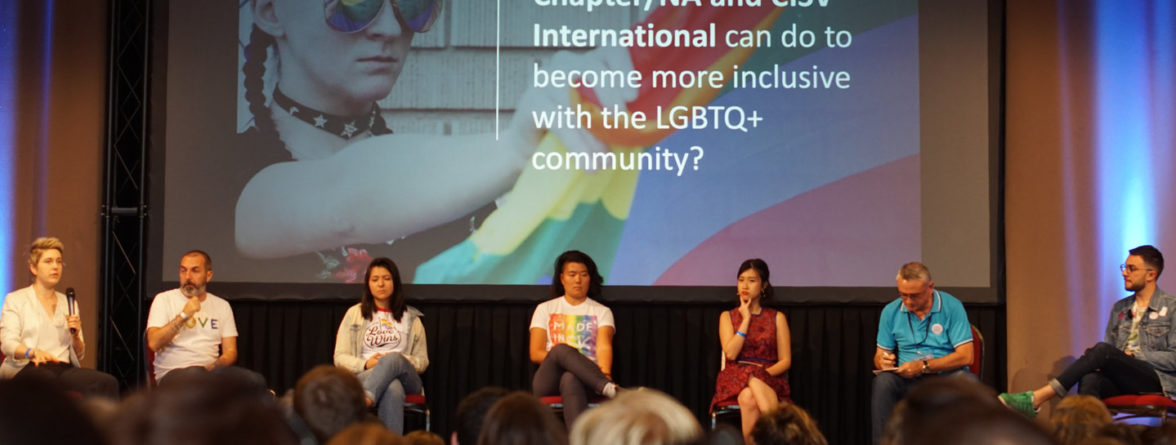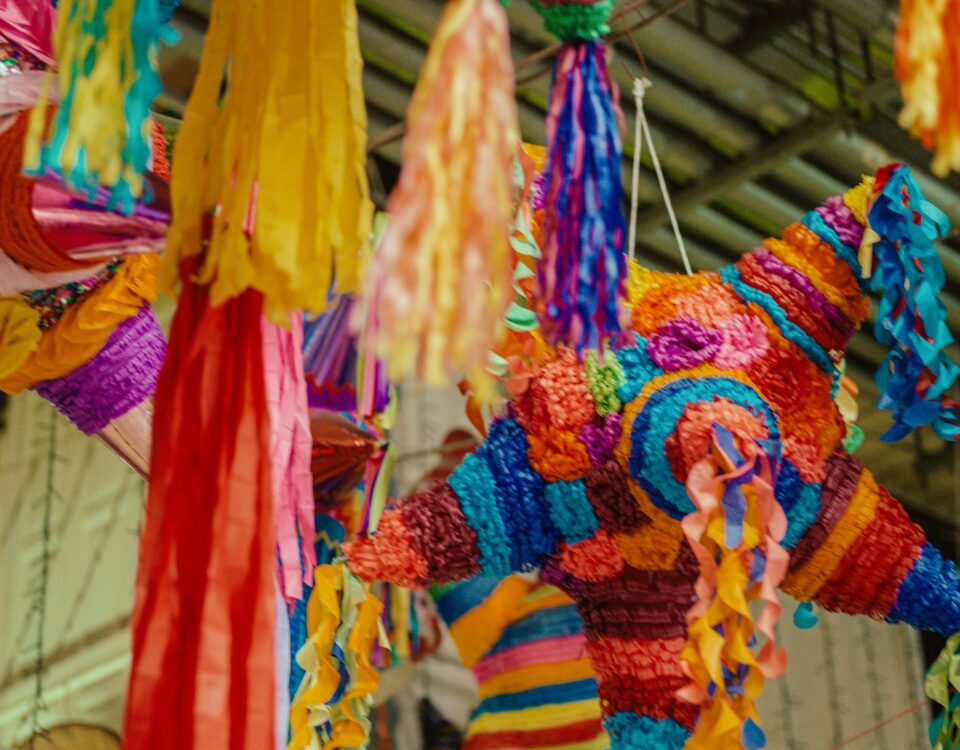
Diverse Leaders in Diverse Programmes
August 10, 2018
Beyond the International Programmes: applying diversity education at home
October 10, 2018by Blair Lockhart
I attended a remarkable session a couple of years ago at our CISV Canada National Board Meeting; one of our youth delivered a session on ‘understanding gender diversity’. (This person identifies as trans, and uses the pronouns ‘they’ and ‘them’, because they don’t identify as male or female.) They invited us to ask anything, including questions that we might be embarrassed to ask, and if they felt the question was inappropriate, they would tell us (nicely) why, but also answer the question. The goal was information. It was a great session – educational as well as compassionate. When I shared this at our Americas Regional Meeting, there was a lot of interest in the topic. That’s when Jose Bassila, from CISV Guatemala, and I decided to organize a panel session for the CISV Global Conference.
Often, when we don’t understand something, we tend to avoid asking questions, and in doing so we might end up excluding people. CISV embraces everyone, regardless of language, colour, religion, or financial status. And in order to truly include everyone, CISV must embrace everyone regardless of whether someone has two mothers or two fathers, and whatever their sexuality or gender identity. Some key questions that CISV faces, however, are (1) how to reconcile the vastly different cultural norms about sexuality and gender identity, (2) should CISV permit delegations to opt out of conversations and activities they perceive to be culturally unacceptable in their home countries, and (3) how to equip delegation leaders and programme staff to handle these issues.
We began our session with an explanation of sexuality and gender identity, illustrated by the Genderbread Person. Then we asked the following questions of our panellists:
- What are your personal experiences in the CISV community as a LGBTQ+ person
- Here are some practical questions that could arise when trying to accommodate LGBTQ+ persons in CISV – how might you respond? Which bathroom will the trans-youth use? How can we offer a separate bedroom when we only have enough bedrooms in our facility for boys and girls?
- How do we fill out a form when it asks for gender and the youth is ‘other’
- What do you think your Chapter/NA and CISV International can do to become more inclusive with the LGBTQ+ community?
The panel provided information and suggestions, and recalled positive, as well as not-so-positive, CISV experiences. Then we opened for Q&A from the audience, and this led to a lively, and by no means uniform, discussion on whether, and to what extent, CISV should embrace LGBTQ+ participants. There are no easy answers: embracing LGBTQ+ people may end up alienating others, yet excluding LGBTQ+ people will definitely alienate LGBTQ+ youth. CISVs challenge is to move forward such that all youth are included and comfortable in CISV, and to continue to educate CISV chapters, families and communities to be compassionate and accepting of everyone, regardless of sexuality and gender identity.
CISV educates and inspires action for a more just and peaceful world. And CISV believes that peace is possible through building friendship and mutual understanding, starting with children. In the same way that CISV doesn’t build friendship only for children of certain [colours / religions / languages], nor does CISV build friendship only for ‘straight’ children.
This important conversation continues!

Blair Lockhart
Blair Lockhart is a lawyer and has been a CISV parent since 2005 when her daughter attended a Village in India. Blair has been a Chapter Risk Manager, as well as President of CISV Canada and is now the National Association Representative. Blair is active in her local community and volunteers in projects to assist marginalized persons. She is passionate about inclusion, whether the need arises from socio-economic or mental health challenges or barriers such as literacy or expectations of one’s culture.

Jose Bassila
Jose Bassila joined CISV in 2003 when he attended a Step Up, and has been actively involved ever since as a board member, NJR, Trustee, and National Representative. He’s active locally and internationally and has participated in 13 camps. Jose is active in Guatemalan politics and recently in LGBT+ activities in Guatemala. He’s a lawyer and works with start-ups and new NGOs that focus on social and economic development in Guatemala. He also loves to practice yoga and eat hummus!




